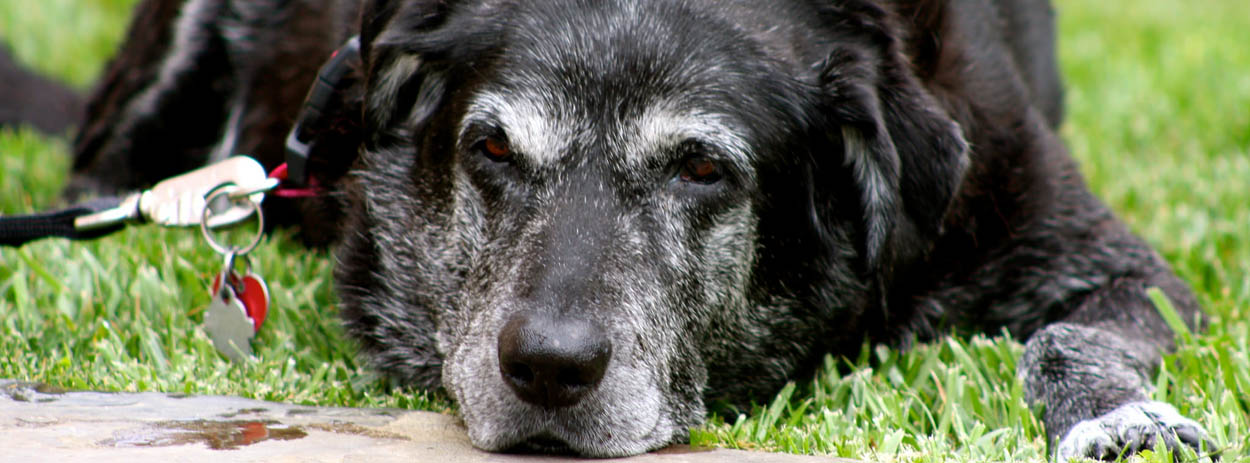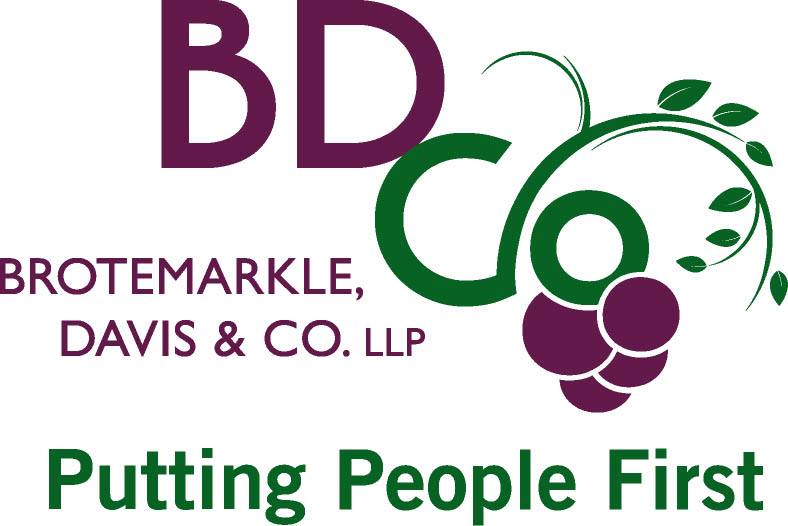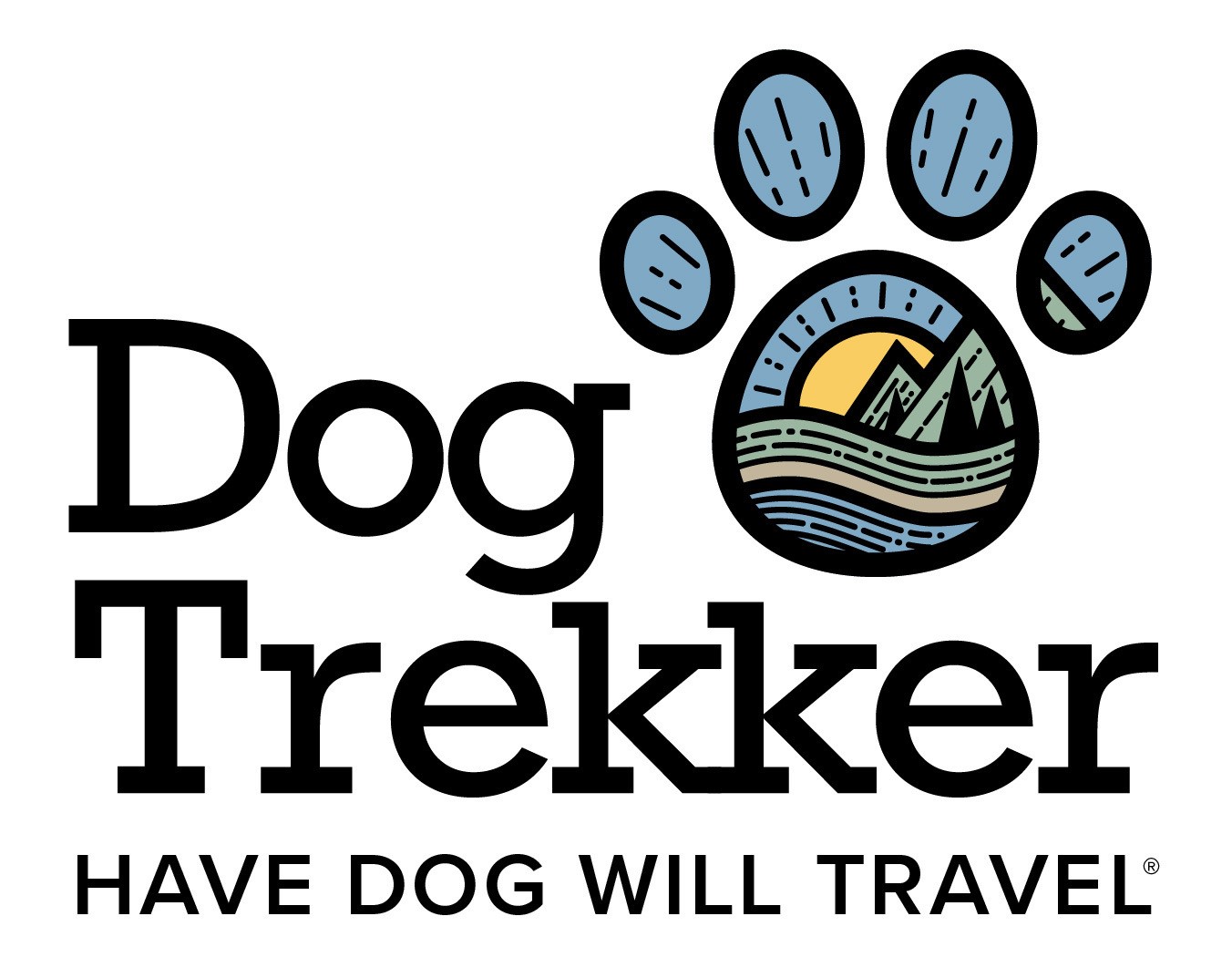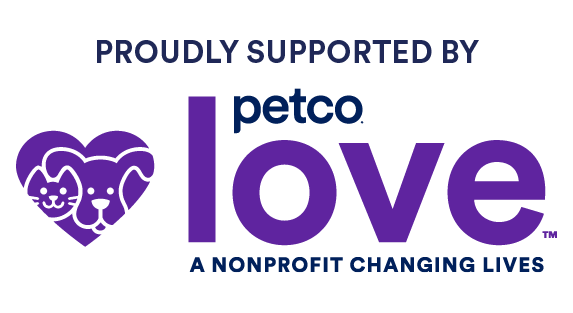End of Life
 Every pet owner has to face the death of a pet at some point. In a perfect world, our pets would live long, full lives and die peacefully in their sleep at a ripe old age. Unfortunately, our world is not perfect, and pet owners sometimes have to make the decision to end their furry friends’ suffering.
Every pet owner has to face the death of a pet at some point. In a perfect world, our pets would live long, full lives and die peacefully in their sleep at a ripe old age. Unfortunately, our world is not perfect, and pet owners sometimes have to make the decision to end their furry friends’ suffering.
Euthanasia: The Difficult Choice
For a pet lover, giving consent to euthanasize a pet is a profoundly difficult act. Many pet owners choose to spend the final moments with their pets. Full-service veterinary offices often allow owners to stroke their animal’s head and talk to him or her as the drug is administered. Some veterinarians will also make a home visit, so your pet can spend those final moments in a comfortable, familiar environment.
Other pet owners choose not to witness the procedure. Full-service veterinary offices often are willing to take care of everything (including dealing with remains) without the owner being present. Another option is to have a pet euthanized at the Napa County Animal Shelter. It is important to know that an owner does not have the option of being with their pet during those final moments if euthanized at the Napa County Animal Shelter.
The Grief Process
When a person you love dies, it’s natural to feel sorrow, experience grief, and turn to friends and family for understanding and comfort. Unfortunately, the same doesn’t always hold true when the one who died was your companion animal. Many people consider grieving inappropriate for “just a pet.” But nothing could be further from the truth.
People love their pets and consider them members of the family. We celebrate our pets’ birthdays, confide in our animals, and carry pictures of them in our wallets. Our animals provide companionship, acceptance, emotional support, and unconditional love during the time they share with us. If you understand and accept this, you’ve already taken the first step toward coping with pet loss: knowing that it is okay to grieve when a pet dies.
Understanding how you grieve and finding ways to cope with your loss can bring you closer to the day when memories bring smiles instead of tears.
The First Stage: Denial
Denial is the initial response of many pet owners when confronted with a pet’s terminal condition or sudden death. Rejection of the truth is a way of buffering ourselves against a sharp emotional blow.
The Second Stage: Bargaining
This stage is well documented in the human grieving process. When faced with impending death, people will often try to “bargain” – offering some sacrifice if the loved one is spared. People losing a pet are less likely to bargain, but sometimes owners will tell themselves things like, “If Sam recovers, I’ll never skip his regular walk . . . never put him in a kennel when I go on vacation, . . . etc.”
The Third Stage: Anger
Recognizing anger in the grief process is seldom a problem, but dealing with anger often is. Anger can be obvious – as in hostility or aggression. But anger often turns inward and emerges as guilt.
Pet owners often dwell on the past. “If only I’d. . . .” Whether true or false, our recriminations and fears do little to relieve our anger, and generally are not constructive. Your veterinarian’s support can be particularly helpful in getting through these thoughts and feelings.
The Fourth Stage: Grief
This is the stage of true sadness. The pet is gone, along with the guilt and anger, and only an emptiness remains. It is now that the support of family and friends is most important – and, sadly, most difficult to find. Lack of emotional support prolongs the grief stage. Pet owners may want to seek help from their veterinarian, pet cemeterian, or from a professional counselor.
It is absolutely normal, and should be acceptable, to display grief when a companion animal dies. Reminding yourself that other pet owners have experienced similar strong feelings may help you feel less alone in your feeling of grief.
The Final Stage: Resolution
All things come to an end – even grieving. As time passes, our distress dissolves as we reflect more on the good times, and not the pet’s passing. More often than not, we also find a new companion animal to fill the void left in our household.
Coping with Grief
While grief is a personal experience, you don’t have to face it alone. Many forms of support are available, including pet bereavement counseling services, pet-loss support hotlines, local or online Internet bereavement groups, books, videos, and magazine articles.
Here are a few suggestions that can help, as well:
- Acknowledge your grief and give yourself permission to feel and express it.
- Don’t hesitate to reach out to others who can lend a sympathetic ear.
- Write about your feelings, either in a journal or a poem.
- Explore the Internet for pet loss support groups and coping information.
- Prepare a memorial for your pet.
Grief Resources
- Napa Valley Pet Loss Support Group – Email Dr. Kimberly Schmidt, of Napa Valley Holistic Veterinary Services at kschmidt@napaholisticvet.com for Zoom meeting information.
- ASPCA Pet Loss Support Hotline: 877.474.3310
- Pet Loss Grief Support
- Association of Pet Loss and Bereavement
The Proper Good-Bye
The death of a pet is sad and stressful, and having to decide what to do with the body often adds to that stress. This is why it’s best to explore your options and make a plan in advance, if you can. If you can’t, most veterinary hospitals can keep your pet’s body for a few days while you consider the options. You have a variety of alternatives in Napa County, and can choose the one that best fits your own practical, legal, financial, emotional, and spiritual considerations.
Your veterinarian can help you with disposition. Bubbling Well Pet Memorial Park, a pet cemetery in Napa, also handles disposition matters and can explain the choices available through that facility. There are several options there: cemetery burial, communal burial, communal cremation, private cremation, and home burial. The most economical way to handle disposition of the pet’s remains, though, is likely through the Napa County Animal Shelter.
How Surviving Pets May Respond
Surviving pets may whimper, refuse to eat or drink, and suffer lethargy, especially if they had a close bond with the deceased pet. Even if they were not the best of friends, changed circumstances and your emotional state may distress them. However, if your remaining pet(s) continue to act out of sorts, there might actually be a medical problem – talk to your vet.
Give surviving pets lots of TLC, and try to maintain a normal routine. It’s good for them, and good for you.
Acquiring a New Pet
Rushing into this decision isn’t fair to you or a new pet. Each animal has his own unique personality and no new pet can replace the one you lost. You’ll know when the time is right to adopt a new pet after giving yourself time to grieve, thinking through the responsibilities of pet ownership, and paying close attention to your feelings.
When you’re ready, please consider adoption as your first option.

Stay Up to Date
Join our mailing list and get the latest news and special offers from Napa Humane.




















































